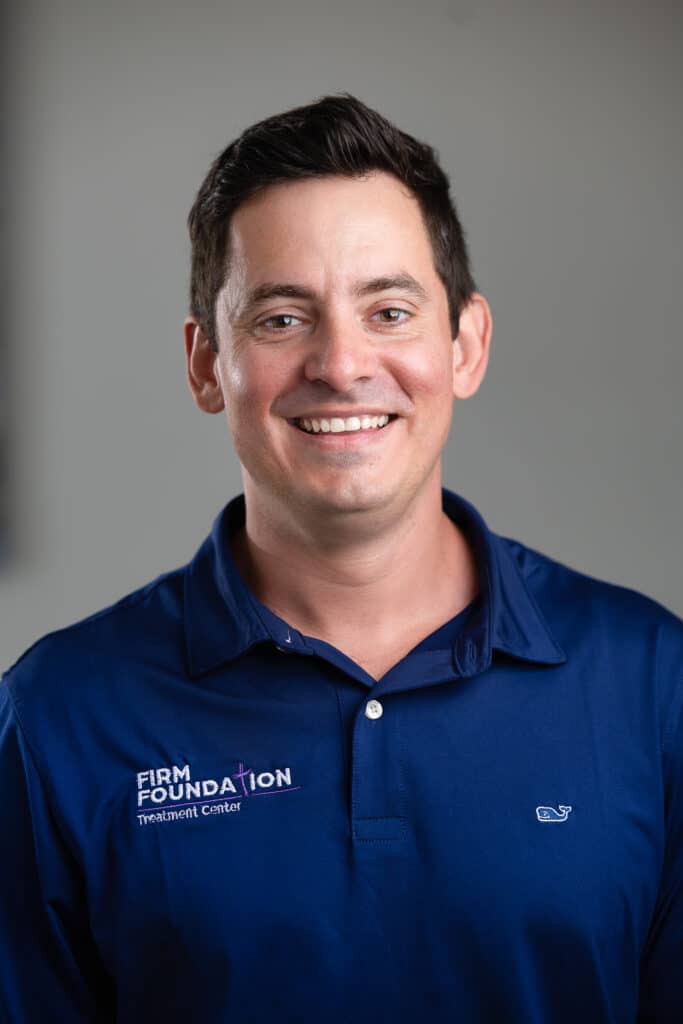
Medical Reviewer
Brian Aicher, LCSW
If so, you might relate to James. Early one morning, James parked in a church lot near Atlanta, torn between going inside for help or heading to the liquor store. His hands shook on the steering wheel as he tried to silence the anxiety and trauma haunting him. For years, he fought two battles: a mental health disorder that drove him into dark corners and the alcohol that promised relief but ultimately brought him more pain. Therapists addressed his anxiety, drug rehab programs targeted his drinking—but never together. Everything changed when he discovered dual diagnosis treatment, which tackles both challenges at once. If you’re a man in Woodstock or the greater Atlanta area, James’s story may echo your own path toward hope.
Dual diagnosis—sometimes also called “co-occurring” disorders—means having a mental health issue and a substance use disorder at the same time. It could be you’re dealing with post-traumatic stress (PTSD) while coping with an addiction to alcohol, or perhaps you suffer from bipolar disorder that also fuels drug use. This is more common than you might assume. According to the National Alliance on Mental Illness, of over 21 million Americans who have a substance use disorder, about 8 million also live with a mental health condition. That’s around four in every 10 people with addiction issues.
Why do these problems overlap so often? Sometimes the mental health disorder appears first, with someone turning to alcohol or drugs to cope. In other cases, long-term substance abuse rewires the brain, sparking new emotional struggles. Trauma—especially in childhood—also raises the risk for both . Without support for each part of the puzzle, you might end up feeling stuck. Maybe you quit drinking briefly, but unaddressed anxiety pushes you back. Or you treat the depression, only to watch cravings emerge stronger than ever. Dual diagnosis treatment solves this by working on both mental health and addiction at the same time.
Research suggests that treating both conditions simultaneously leads to better outcomes and lower relapse rates. Think of it like fixing both a cracked foundation and a leaky roof—one repair is pointless without the other. At Firm Foundation Treatment Center in Woodstock, we know you need a plan that tackles mental health symptoms and substance use together. If you only target drug rehab or alcohol rehab, underlying panic or trauma may remain, intensifying the urge to self-medicate. If you only manage anxiety but not the addiction, you risk falling into the same destructive patterns. An integrated approach stops these vicious cycles from undermining your progress.
Indicators you may need combined care include:
If you identify with any of these points, dual diagnosis treatment could be the missing link. The goal is to free you from feeling you’ve “failed” because you haven’t yet received care that treats all of you.
You don’t have to fight a double battle alone. If you’re a man in Atlanta or around Woodstock, Georgia, and you’re tired of short-term fixes, Firm Foundation Treatment Center is here to help. We combine trauma-informed care, evidence-based therapies, and faith-based fellowship to treat your mind, body, and spirit all at once. Our staff will walk you through each level of care—PHP, IOP, or OP—so you can choose what suits your schedule and needs.
Ready to break free from the cycle that keeps pulling you back? Call Firm Foundation Treatment Center today for dual diagnosis in Atlanta. Whether you’re wrestling with severe anxiety, drug addiction, or painful memories, we can show you a path toward healing that addresses every piece of your struggle. This is your moment to seek relief and reclaim your life on solid ground. We’re here to walk beside you, every step of the way.